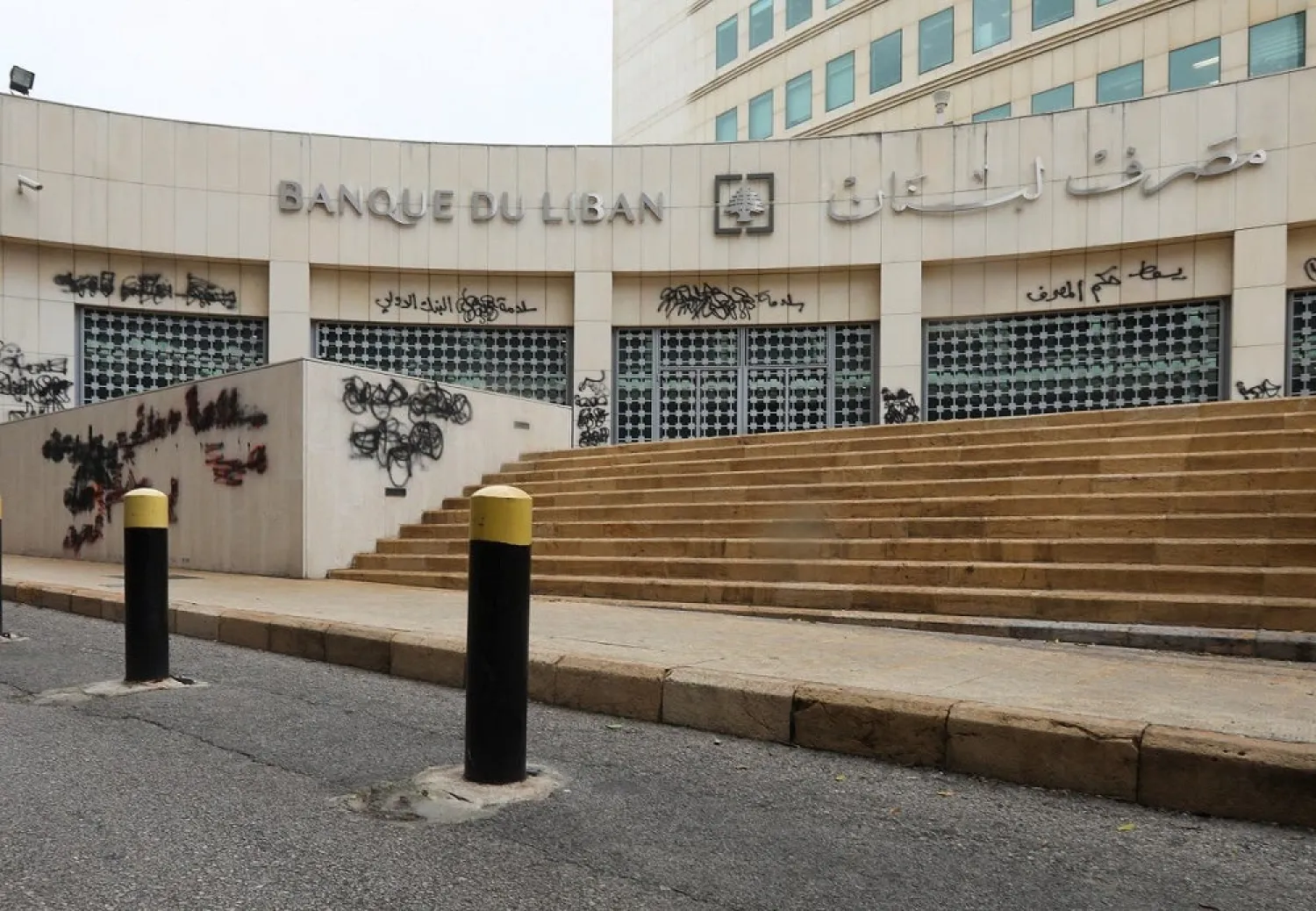Lebanon's parliament voted Friday in favor of a sweeping financial audit of state institutions, a week after a consultancy firm terminated its contract to audit the central bank over missing data.
The International Monetary Fund and France are among creditors demanding an audit of Lebanon's central bank as part of urgent reforms to unlock financial support, as the country faces a grinding economic crisis.
But the central bank has claimed that provisions including Lebanon's Banking Secrecy Law prevent it from releasing some of the necessary information, a charge the justice ministry and legal experts have disputed.
Parliament on Friday voted to rule out this justification, clearing the way for the forensic audit to take place, Speaker Nabih Berri said after the parliament session.
"The accounts of the central bank, government ministries... financial institutions, municipalities and all other (public) assets are equally subject to a forensic audit without hindrance or the excuse of bank secrecy (laws)," he was quoted as saying by state media.
Berri said the decision came in response to President Michel Aoun's calls for parliament to facilitate the audit process.
New York-based Alvarez and Marsal scrapped its agreement with the government last week, saying the central bank had failed to hand over the required information.
The move sparked widespread criticism of Lebanon's authorities.
The country, which defaulted on its debt this year, is experiencing its worst economic crisis in decades and is still reeling from a devastating explosion at the port that gutted entire neighborhoods of Beirut on August 4.
Both are widely blamed on government corruption and incompetence.
Lebanon is in desperate need of donor funds and talks with the IMF have been on hold since July pending reforms.
But economist and anti-government activist Jad Chaaban called parliament's latest decision "a tactic to win time".
"You didn't need the lifting of bank secrecy or anything to conduct the" audit, he said.
"The problem is again, how do you allow thieves to audit thieves?" he added, referring to authorities.
The forensic audit of the Banque du Liban (BDL) is one of the main points of the government's economic rescue plan, approved at the end of April.
Several officials, including the finance minister, have said the government is expected to replace Alvarez and Marsal with another consultancy firm soon.









